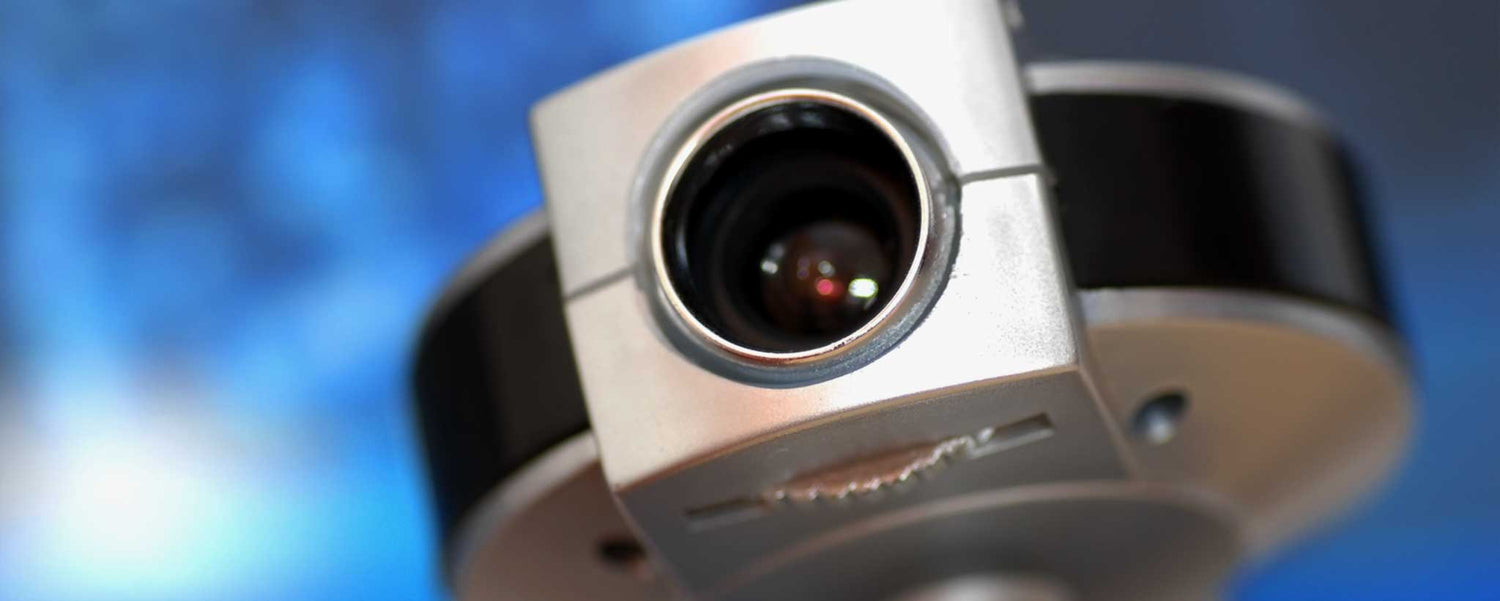How vigilant is your effort to maintain camera privacy on your digital devices whether you are at home or away?
Publish Insights 29 January 2022
Invasion of Privacy
When you are online, someone is watching you. In a coffee shop, at work, or at home, there may be an individual across the room staring. For web developers and merchants to know how many visits their website, Google analytics track browsing characteristics. Some websites record heat maps that track cursor movement or taps. This helps them better design intuitive layouts.
Your own web browser keeps a history of sites you visit. Most computer users accept that machines aggregate such user data tracking. Like driving down a highway, you expect that others on the road may catch glimpses through your vehicle windows.

The larger fear is that someone might have the capability of remotely engaging the camera on your smartphone or computer to watch or record pictures of you. This is tantamount to someone hiding in your backseat on your commute to work. Is it possible?
Peekaboo
Webcam hacking, called ‘camfecting’ is a technique allowing a hacker to remotely and covertly take control over another person’s webcam. It usually requires the installation of software, categorized as a Trojan horse, into your device. The hidden application allows remote access.
How does a Trojan virus get into your computer? You might click a SPAM email attachment or download an app from an unauthorized website. Sometimes people search the internet for technical support.
Unscrupulous companies advertise for the top positions in search results. They may ask you to install software so they can gain remote access to your computer. There is usually some drama as they warn you of a significant virus infection that requires their expertise to remove.
If you are not gullible enough for such attacks, does your device lack a password? If you have one, is it easy to remember like your first name, date of birth, or your pet’s name? Good passwords are difficult for you to type in, and may require a password management app to input for you. If your device is easy to breach, someone may install a Trojan virus when you step away from it.
Protect Your Privacy

Who is remotely watching you?
You can secure your home network just like big corporations with a firewall. This software blocks remote intruders and suspicious websites. Amazon manufactures eero routers with comprehensive security options. Adding a sliding camera security lens cover is an inexpensive solution. Or a low-tech method is to cover your camera with a sticky note.
Of course, you can use mobile devices when you leave the protection of your home firewall. This is where VPN (virtual private network) software is useful. It obscures your device credentials from hackers. It is an option with eero software.
Most computer webcams have a small light to indicate when they are in use. If you see the light when you are not intentionally video conferencing, cover the lens. This is not a foolproof indicator, though. Some hacks can disable the light, or you may not have one on your mobile device.

Is someone remotely watching your children?
Avoid becoming the voyeuristic fulfillment of someone else’s fantasy. Check for and remove suspicious web browser extensions. Use a reputable utility to scan for viruses regularly. Close your laptop or shut off your computer when not in use.






